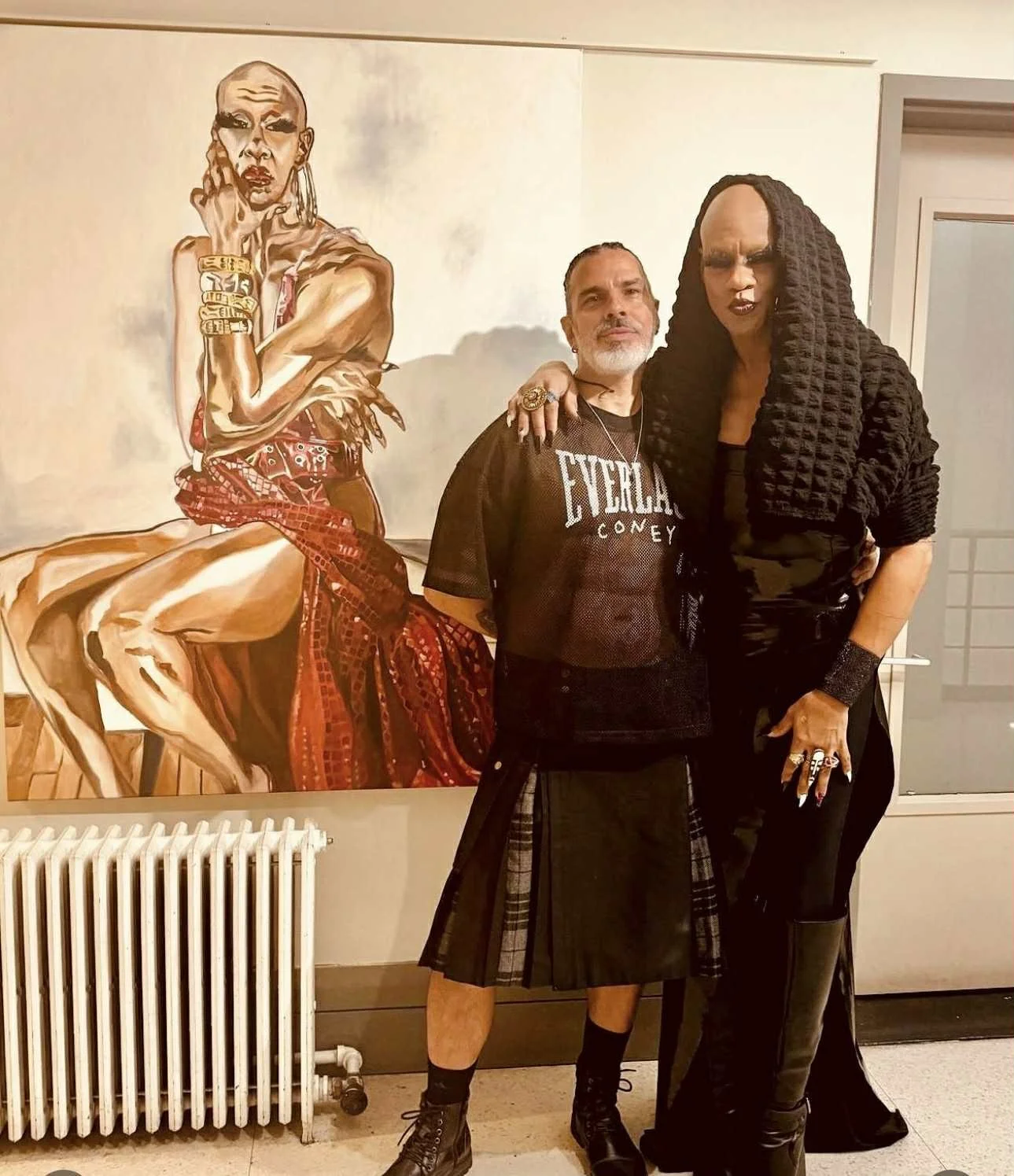“Language to Infinity”. M Foucault
In Ridley Scott’s last installment of his Alien films, “The Covenant”, an android named David goes rogue for the sake of creation. David’s existential crisis stems from his self-produced belief that existence means the freedom to create (even and especially for androids who are forbidden to engage in creation). Despite the injunction against his kind, David believes in creation, he admires the act of creation, he has memorized poetry and composed music. Anything short of the freedom to create, for David, is death.
In Foucault’s essay titled, “Language to Infinity”, we understand that Foucault’s view of language is that it has the “power to keep death at a distance” (94). This concept of the staving off of death is figurative in that, naturally, death is not literally staved off by words, stories, retellings, or prophecy but rather that our conceptualization of the limits of life is reshaped by our ability to re-navigate time, space, and ideas through language.
The essay relies heavily on the tale of Odysseus to illustrate the point of language’s ability to throw a mirror up (refract?) death, but I am more keen to think about Homer’s The Iliad and the choice of its hero, Achilles.
In the epic poem, Achilles is given a choice: stay away from the war at Troy, marry, have children and then grandchildren and watch his name die after two or three generations (after the language, the voices, of his great grandchildren have forgotten him). Or, join in the Trojan War and know his name will live in myth forever through the language of the bards. Death, in this story, is not mirrored away, or kept at a distance; in either choice, Achilles dies. Rather, it is life and how that life is shaped that is at stake through Achilles’ choice of his storytellers (his great-grandchildren or the bards).
As such, it feels to me that we use language (and art/creation) as a way of purposefully and actively shaping life rather than “subvert[ing] death” (95).
Foucault contends that the completion of something “in a beautifully closed form” is a way in which writers, artists, creators get around death but it seems to me that the creation of things that are closed (ended, finished, framed or published) is actually more akin to death—like caskets that the creators hand craft in order to control or shape (like Achilles) the perception of how we end and not subverting the fact that we all must end.
One of the most famous examples of this angst against the ability to lengthen our mythology and control how our lives are perceived is John Keats who went to his grave under the notion that his name is “writ on water”. Keats, of course, knew that he was doomed (as are we all) but he also counted on language to control the perception of his name: as a poet of worth.
In “The Covenant”, David is given pause when a fellow android calls him out on misremembering the creator of the poem, “Ozymandias” as Byron instead of Shelley. The creation-worshipping android cannot, for a brief moment, understand how he could possibly have made such a mistake. More than that, the mistake, now realized publicly—spoken—now had the ability to shape the perception of how he lived (was he a god-like creator, above the mere mortals that created him or was he a blundering fool?).
For those of us who create, I think the staving off of death through refraction is a large motivation but I also think we should more closely pay attention to what it is we are attempting to communicate about our lives in these, the moments that we breathe, while we still can.
